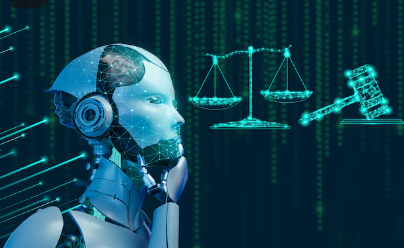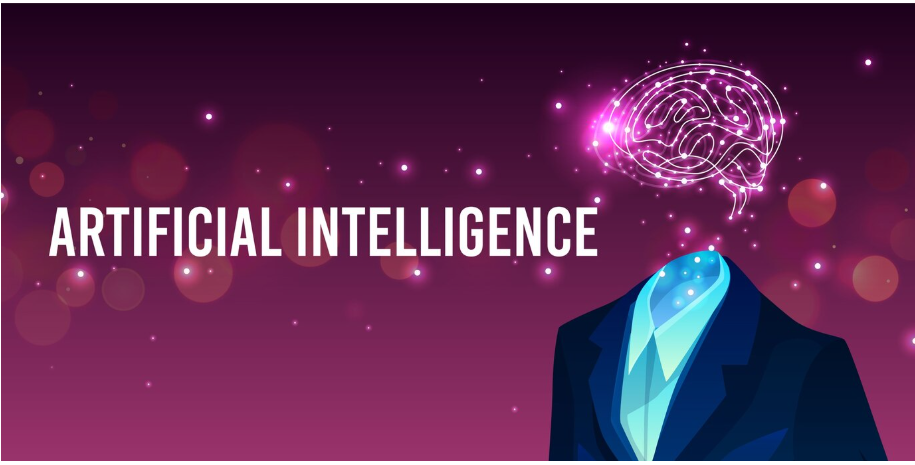Best Lawyer in JP Nagar
The legal industry, traditionally known for its reliance on human expertise and manual processes, is rapidly embracing technological advancements. Artificial Intelligence (AI) has emerged as a transformative force, reshaping how legal professionals approach tasks, manage compliance, and streamline operations. This blog explores how AI is revolutionizing legal practice, the benefits and challenges it presents, and what this means for the future of legal compliance and client service.
1. The Role of AI in Legal Research and Case Analysis
Legal research is an essential yet time-consuming task for attorneys, involving sifting through vast amounts of information to find relevant statutes, case laws, and legal precedents. AI-powered research tools, such as natural language processing (NLP) algorithms, are now enabling lawyers to conduct more efficient research. These tools can rapidly analyze extensive legal databases, identify pertinent information, and even suggest relevant cases or statutes based on previous search patterns.
Additionally, machine learning models are capable of predicting outcomes based on historical case data. For example, AI algorithms can analyze past judgments, trends in judicial decisions, and argument effectiveness, allowing legal professionals to build stronger cases by understanding probable outcomes. This predictive analysis is invaluable in shaping case strategies and advising clients on potential litigation risks.
2. AI-Driven Document Review and Contract Analysis
Contracts and legal documents are integral to any legal practice. Reviewing these documents manually is tedious, costly, and prone to human error. AI is revolutionizing this area through contract analysis and document review tools that leverage NLP and deep learning.
AI-driven software can now:
- Extract key clauses and terms: AI algorithms identify important contractual terms such as payment obligations, termination clauses, and liability limitations.
- Highlight inconsistencies: By comparing similar contracts, AI can pinpoint deviations or discrepancies that could present legal risks.
- Ensure regulatory compliance: Legal documents often need to adhere to specific regulatory frameworks, and AI tools can cross-reference these requirements with document contents to ensure compliance.
This technology is not only time-saving but also enhances accuracy and ensures that critical legal details are not overlooked, contributing to better client outcomes and risk mitigation.

3. Automation in Legal Compliance
Regulatory compliance is one of the most challenging areas of legal practice, given the evolving landscape of laws and regulations. AI facilitates compliance by providing real-time updates on regulatory changes, automating compliance checks, and identifying areas where companies may fall short.
Key compliance benefits of AI include:
- Continuous monitoring: AI systems can continuously monitor activities, flagging potential non-compliance issues as they arise, and reducing the risk of regulatory breaches.
- Automated reporting: AI tools can generate detailed compliance reports, simplifying the audit process and helping organizations demonstrate their adherence to legal standards.
- Risk assessment: AI-powered compliance tools can evaluate and rank risks based on severity and impact, allowing companies to prioritize resources and take preventive action on high-risk areas.
By automating compliance functions, law firms and corporate legal departments can more effectively manage risks, improve transparency, and reduce the likelihood of costly penalties.
4. Enhanced Client Interaction and Case Management
Client management has seen significant changes with AI integration. Chatbots and virtual assistants are now common in law firms, providing round-the-clock support and answering frequently asked questions. These tools not only improve client satisfaction by offering immediate assistance but also free up time for attorneys to focus on more complex client interactions.
AI also contributes to case management by:
- Scheduling and calendar management: AI systems can manage schedules, remind attorneys of upcoming deadlines, and even help allocate resources based on case priorities.
- Client insights: By analyzing data on client interactions, AI can offer insights into client preferences, allowing firms to tailor their services and improve client satisfaction.
- Billing automation: AI-driven billing solutions can track billable hours accurately, ensure transparency, and streamline the invoicing process.
These tools are reshaping client communication and case handling, creating a more client-focused approach and improving the efficiency of legal service delivery.

5. Ethical and Privacy Considerations
With AI’s growing role in legal practice, ethical and privacy concerns have become central discussions. AI in legal practice must be used responsibly to avoid unintended biases, preserve client confidentiality, and ensure that automated decisions align with ethical standards.
Key ethical considerations include:
- Bias in AI algorithms: AI systems trained on historical data may inadvertently reinforce existing biases. Law firms must ensure that AI tools are designed and used in ways that promote fairness and objectivity.
- Data security and client confidentiality: Legal AI applications handle sensitive client data, requiring stringent data protection measures. Compliance with data privacy regulations such as GDPR is crucial to safeguard client trust.
- Accountability and transparency: Lawyers must remain accountable for AI-driven decisions. It’s essential to maintain a level of transparency regarding how AI tools function and how decisions are derived.
The legal community and technology developers must work together to establish best practices and ethical guidelines that promote responsible AI usage.
6. The Future of AI in Legal Compliance and Practice
The role of AI in law is evolving, and its full potential is yet to be realized. With advancements in AI technologies, we may soon see developments such as:
- Automated contract generation: AI could draft tailored contracts based on client requirements, with minimal human intervention.
- Sentiment analysis in legal writing: Advanced AI models might analyze legal briefs and memos for tone, clarity, and persuasion, enhancing their impact in court or arbitration settings.
- Predictive compliance management: AI-driven predictive models may anticipate potential regulatory changes, giving companies a proactive approach to compliance.
While AI holds tremendous potential, it is essential for the legal industry to adopt these tools thoughtfully, balancing innovation with ethical considerations. The future of law lies in a hybrid model where human expertise is augmented by AI’s efficiency and precision, delivering more accurate, compliant, and client-centered services.
Conclusion
Artificial Intelligence is no longer a distant possibility but an immediate reality reshaping legal practice and compliance. By embracing AI-driven tools, legal professionals can focus on high-value tasks, provide better client outcomes, and ensure adherence to complex regulations. However, as with any innovation, AI must be implemented responsibly, with a focus on ethical considerations and client confidentiality. The law firms that successfully integrate AI into their operations will not only gain a competitive advantage but also redefine the standards of modern legal practice.

Disclaimer:
- The information provided in this article is for general informational purposes only and does not constitute legal advice. While efforts have been made to ensure the accuracy of the content, Bisani Legal and its representatives are not responsible for any errors or omissions, or for any outcomes resulting from reliance on this information. Readers are advised to consult a qualified legal professional for specific legal guidance related to their individual property matters. The use of this article does not establish an attorney-client relationship between the reader and BisaniLegal.
Published by: Mr. Saket bisani
Date: 20/11/2024


